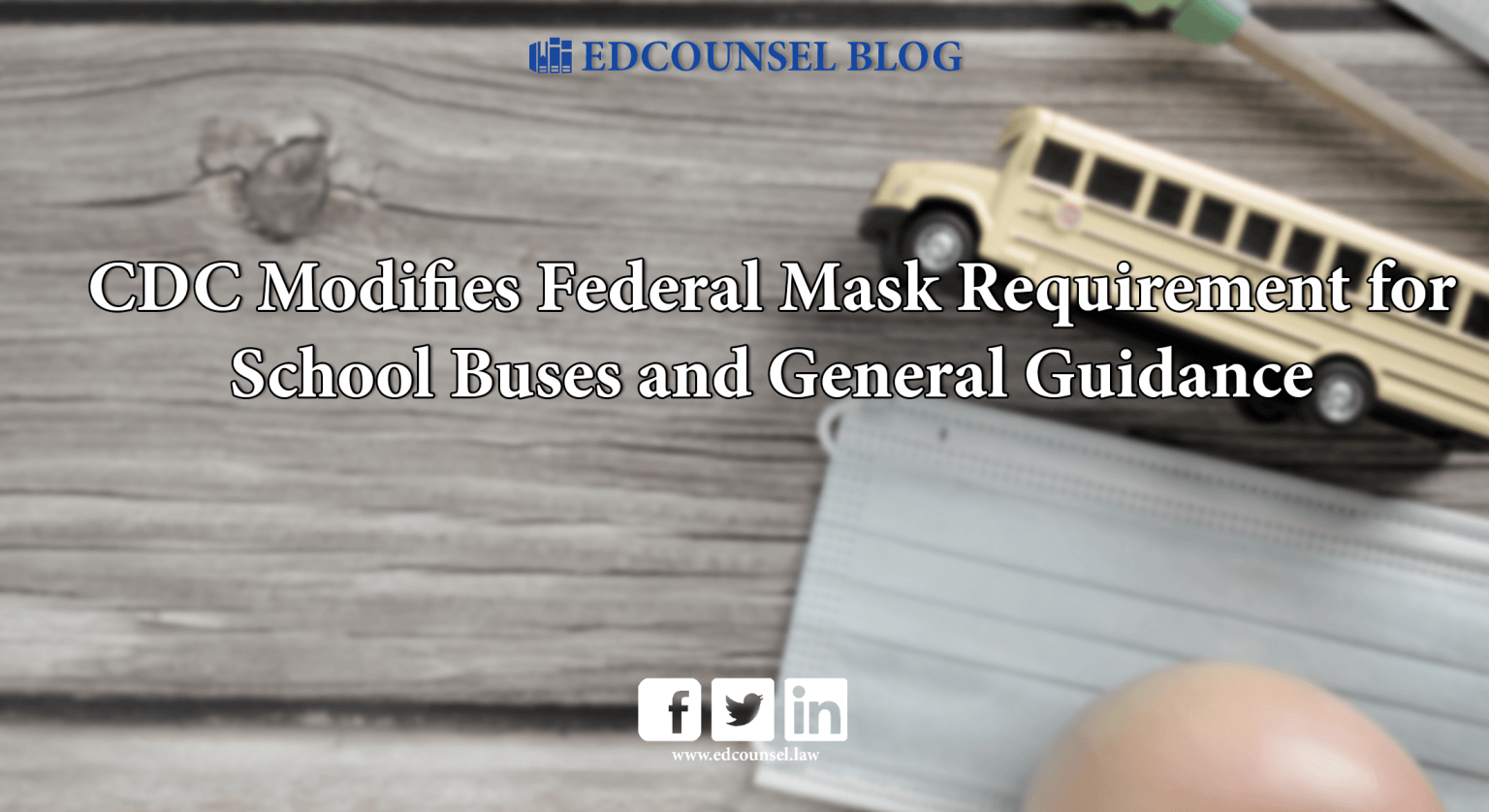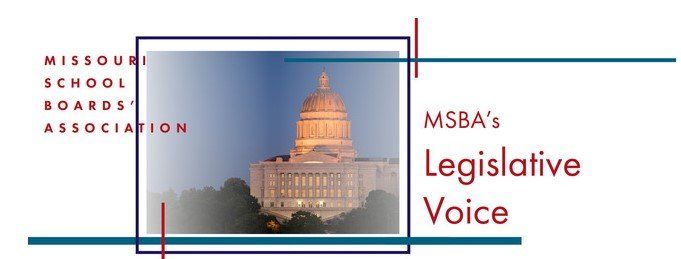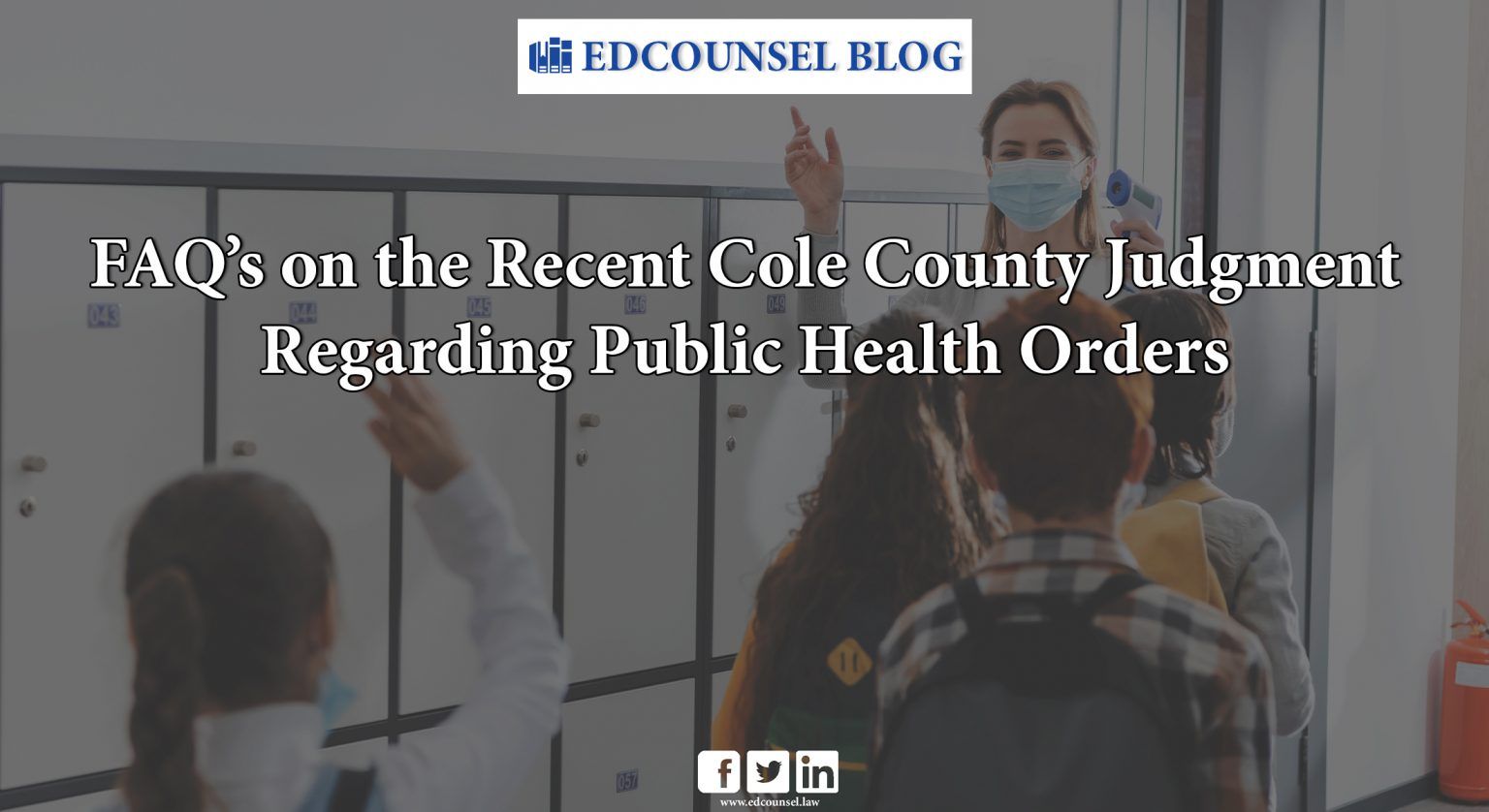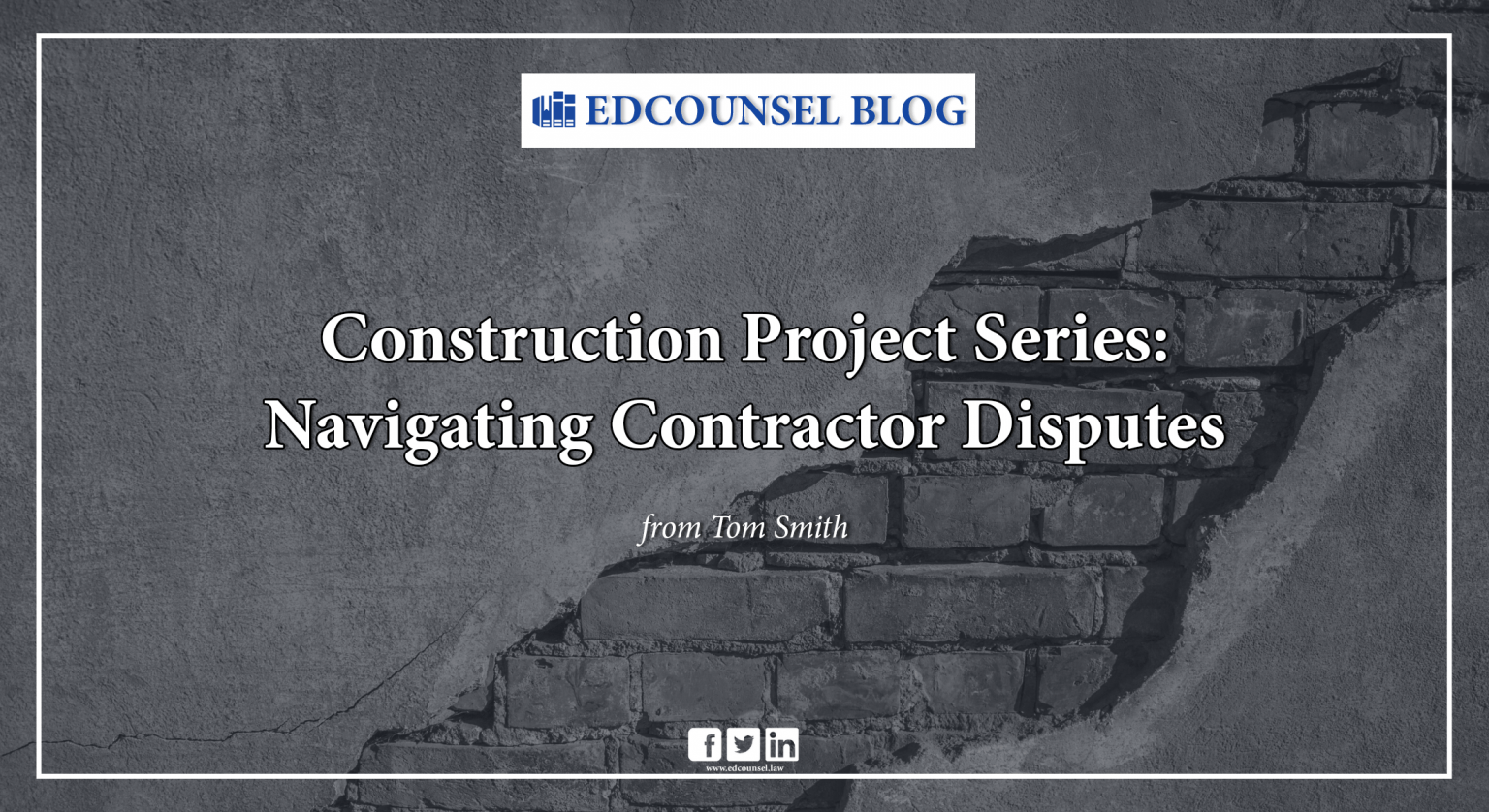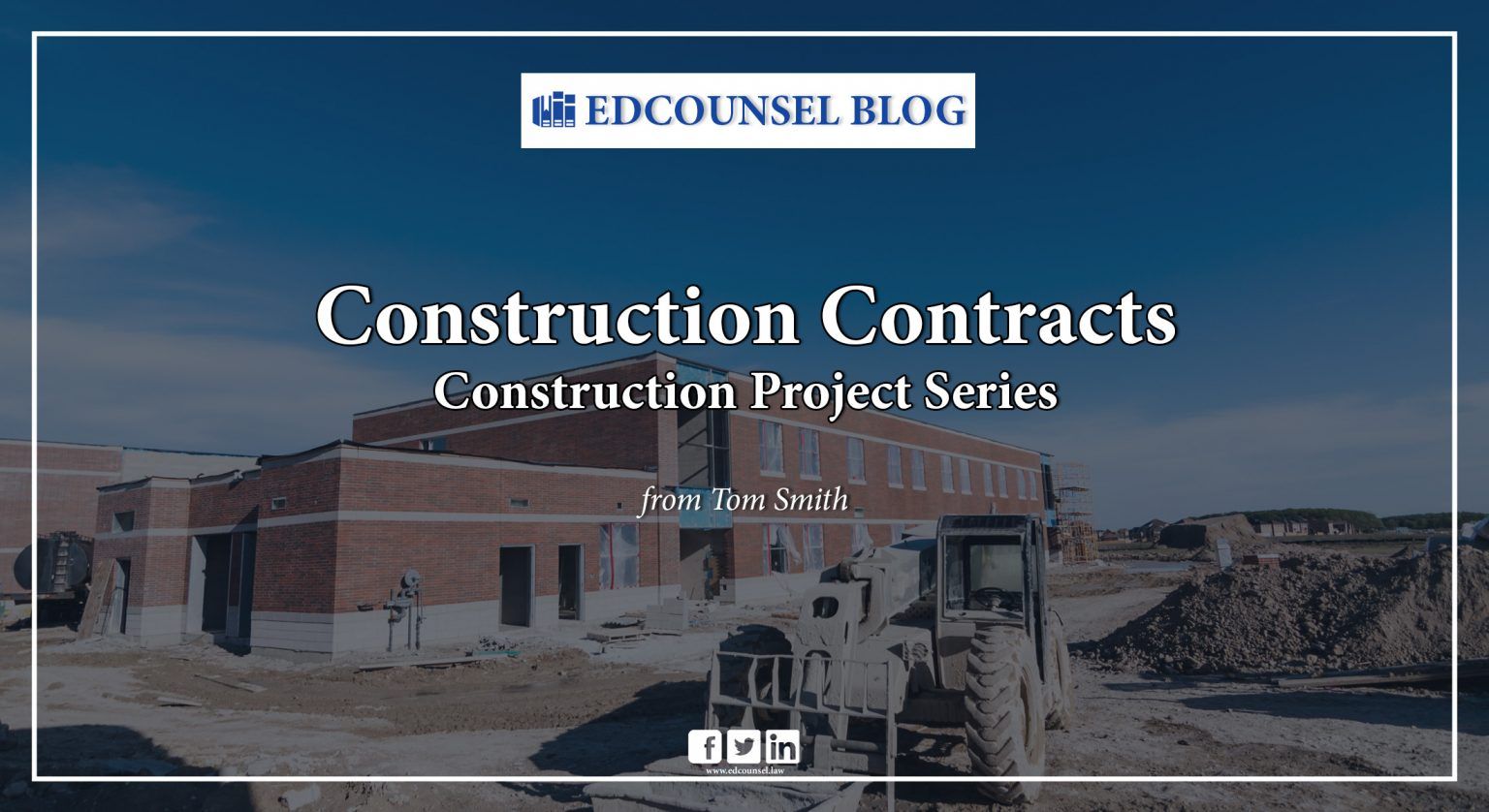
This blog post is the second in EdCounsel’s series on construction projects and will provide a checklist of items to be aware of when drafting or reviewing a construction contract. At this point in the year, many districts are completing their bidding process for upcoming construction projects and finalizing contracts with their selected contractor. When Missouri public school districts enter into construction contracts, there are several items that are legally required to be included in the contract itself. Below is a checklist of those items, along with a brief explanation of each:
- E-Verify – §§ 285.525-.555, RSMo.
- This is required for contracts over $5,000.
- The contractor must verify that it is enrolled in a federal work authorization program.
- Anti-Discrimination Against Israel Act – § 34.600, RSMo.
- This is required for contracts over $100,000 with contractors that have 10 or more employees.
- The contractor has to affirm that it does not and will not engage in a boycott of goods or services from Israel, or of companies based in, doing business with, or located in Israel.
- Prevailing Wage – §§ 290.210-.340, RSMo.
- This is required for projects that are estimated to cost $75,000 or more based on an architect/engineer’s estimate or bids received.
- The contractor must pay the applicable prevailing wage rate to each worker, or the public works contracting minimum wage.
- Payment Bond – § 107.170, RSMo.
- This is required for projects that are estimated to cost more than $50,000.
- The payment bond ensures that the contractor pays its subcontractors and suppliers.
- OSHA Training Program – § 292.675, RSMo.
- The contractor is required to provide a 10-hour OSHA safety program to its on-site employees.
- Transient Employers – §§ 285.230-.240, RSMo.
- Contractors who are “transient employers” under these statutes are required to provide proof to the district that the contractor has followed the requirements of these statutes.
- Prompt Payment Act – § 34.057, RSMo.
- This requires that payments be made by the district to the contract within certain timeframes, subject to certain exceptions.
- Retainage – § 34.057, RSMo.
- This allows the district to withhold certain amounts from payment until the project is completed (10% when the contract sum is $50,000 or less, and 5% when the contract sum is greater than $50,000).
Along with these legally required terms/items, there are additional provisions that can help protect districts and prevent disputes from arising later. Below is a checklist of these recommended provisions:
- Performance Bond – To ensure that the district is protected if the contractor does not complete the project.
- Liquidated Damages – To incentivize the contractor to complete the project on time and compensate the district for unauthorized delays.
- Governing Law – The contract should be governed by the laws of Missouri.
- Venue – The exclusive venue for any litigation related to the contract should be the county in which the district is located.
- Force Majeure – The contract should address what will happen when either party is prevented from performing its obligations because of events beyond their control (i.e., Acts of God).
- Insurance Requirements – Each party’s requirements for obtaining certain types of insurance should be addressed.
- Background Checks – While not legally required, it is highly recommended that districts have background checks for every employee of the contractor and subcontractors that are on the district’s property.
- Indemnification by the Contractor – It is highly recommended that the contractor agree to indemnify, defend, and hold the district harmless from the negligence or intentional misconduct or the contractor and its subcontractors.
- Compliance with Laws and Board Policies – The contractor should agree to comply with all applicable Board/District Policies, Procedures, and Regulations.
Finally, there are certain items that districts should be on the lookout for when reviewing construction contracts – either because they are legally prohibited or put an unnecessary amount of risk on the district. A checklist for these items is below:
- Binding Alternative Dispute Resolution – The district should decide if it wants to be forced to participate in mediation or arbitration.
- Full Payment Prior to Services Rendered – Unless the project can be completed in less than a month, it is recommended that payments be made as the work progresses.
- Indemnification by the District – The District does not have the legal authority to agree to indemnify, defend, or hold another entity harmless for claims from which the District is immune through its sovereign immunity.
- Personal Guarantees – There should not be a personal guaranty given by the individual signing the contract that the district will perform its obligations.
- Limitations on the Contractor’s Liability – There should not be a limitation on the amounts for which the contractor can be held liable. This includes a waiver of consequential damages or an attempt to limit damages to what has been paid to the contractor.
Please note that these are not exhaustive lists. Given the complicated nature of construction in general, construction contracts are naturally very detailed and often involve many separate documents. The best approach a district can take to ensure it is in the best possible position with a construction contract is to work with its legal counsel in reviewing or drafting construction contracts. If your district is in the process of drafting, reviewing, or finalizing a construction contract, please feel free to contact one of the team members at EdCounsel with any questions you might have about these types of contracts.
